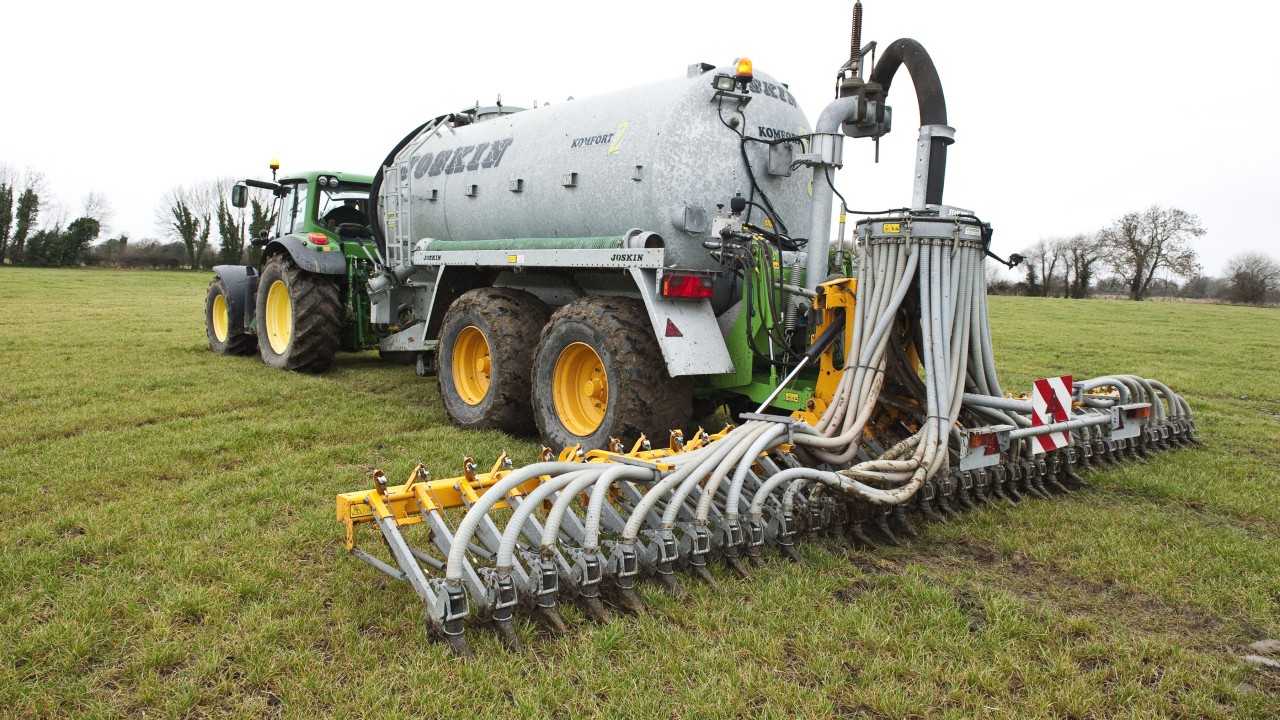Courtesy of her presentation to the event, AFBI director Dr. Elizabeth Magowan confirmed that total greenhouse gas (GHG) emission levels in Northern Ireland have reduced significantly over the past 30 years.
However, these changes have been driven, for the most part, by actions taken within the energy and waste management sectors. As a result, agriculture is now the largest producer of GHG emissions within the local economy.Beef sector and climate change
If agriculture is broken down into its various component parts, beef is the sector which contributes the most to the industry’s GHG inventory.The AFBI scientist also confirmed that it will be particularly difficult for the beef sector to reach a ‘net zero’ carbon situation prior to 2050.
However, she also confirmed that the local farming sectors make a major contribution towards the attainment of food security across the UK as a whole. She said: “Currently Northern Ireland’s dairy, beef, pork, egg and lamb sectors can feed between 10 and 12 million people on an annual basis.As a result, the issue of food security has been factored into Northern Ireland’s future greenhouse gas production targets, where the UK’s Climate Change Committee is concerned.”
Agriculture's GHGs
The three GHGs that are of direct relevance for the farming industry are: methane; nitrous oxide; and carbon dioxide.Methane is produced as a direct consequence of the enteric digestive processes that characterise all ruminant animals, while nitrous oxide production is linked to the management of organic manures and chemical fertilisers.
Enteric fermentation within cattle accounts for approximately 50% of the total GHG weighting produced by the livestock industry. Magowan said: “Farmers’ front line response to the threat of climate change must be to improve the efficiency of their businesses.”Improving the carbon footprint of farming
The AFBI scientists made it clear that there are lots of steps that livestock farmers can take right now to improve the carbon footprint of their businesses - using existing and well proven technologies.These include the improvement of soil health, growing more grass from a reduced level of inputs and making better use of the grass that is available to stock.
New technologies at various stages of development, include the specification of methane inhibitors in animal rations, the development of new fertiliser formulations and the use of products like biochar to improve soil carbon sequestration rates. Magowan further explained: “The use of smart technologies and the use of precision livestock farming systems will also come to the fore over the coming years.Genotyping and phenotyping animals are already a reality. On the back of this, breeding animals that inherently produce less methane, will become a reality.“It should also be feasible to alter the microbiome found in the rumen, again with the intention of reducing enteric methane emissions.”
Farmers need information to tackle climate change
But as the AFBI director also pointed out, farmers must have the information that will allow them to calculate an accurate carbon footprint of their businesses. Magowan said: “A number of farm carbon calculators of this nature are already available. Their respective merits can be assessed by farmers on the back of a conversation with their CAFRE environmental advisors.The great benefit of carrying out a carbon audit is its value in allowing farmers to identify where emission hot spots exist within their businesses.“Northern Ireland’s beef industry provides vital nutrients in support of human health from a range of land types, many of which are not suitable for the production of food, that can be used directly by consumers," she added. “However, the challenge of getting the beef industry to a low or net zero carbon position over the coming years will be difficult.”

